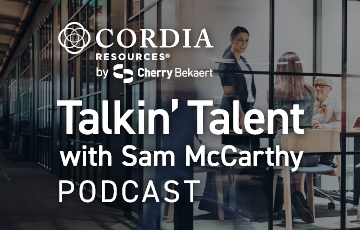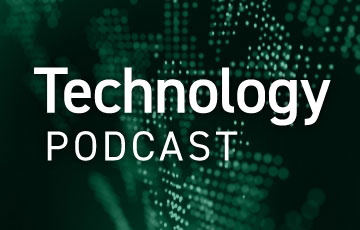In July 2021, the Internal Revenue Service (IRS) formally introduced Schedules K-2 and K-3. These forms bring uniformity and consistency to reporting items of international tax relevance to partners and S corporation shareholders on the foreign activity of a partnership or S corporation. Unfortunately, Schedule K-3 can add up to 20 additional pages to a partner’s or shareholder’s Schedule K-1.
Michael Elliot, Director with the Firm’s national tax team, joins this edition of the Tax Beat podcast with Brooks Nelson, Partner and Strategic Tax Leader, and Sarah McGregor, Tax Director, to share his insights on filing Schedule K-2 and K-3 for 2022. More importantly, Mike discusses the exceptions to the required filing of these forms for partnerships and S corporations.
The podcast covers:
- 4:51 — 2021 Pushback on Relief
- 5:50 — Importance of Filing Correctly
- 8:20 — 2021 Relief Notice No Longer Effective for 2022
- 14:55 — Qualifying for the Domestic Filing Exception
- 16:34 — Tiered Partnerships and Limited Foreign Activity
- 19:49 — Opting in vs. Pursing an Exception to Filing
- 21:30 — K-3 Filing Difficulties
Additional Insights:
View All Tax Beat Podcasts





